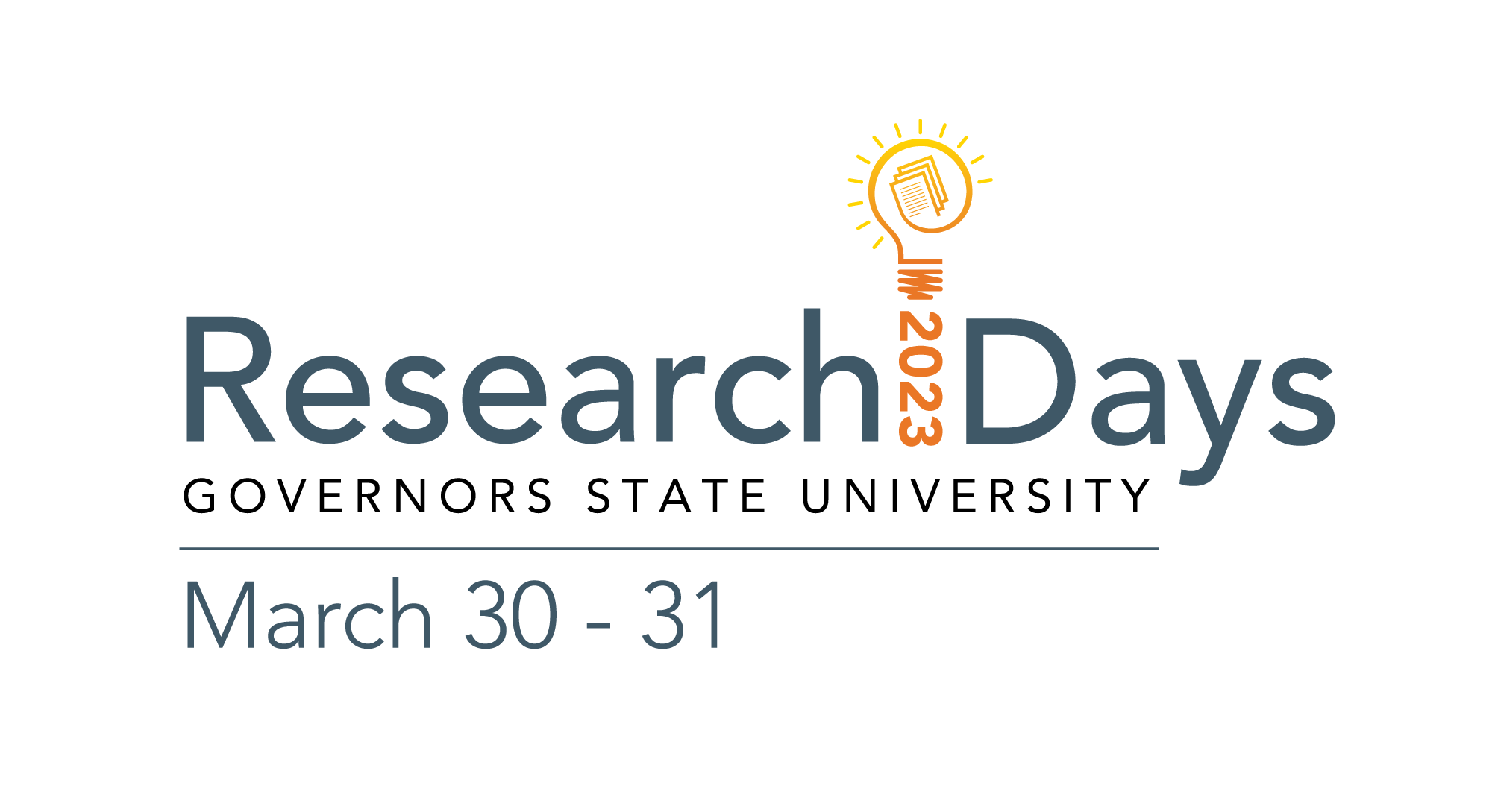
Research Days 2023 - On Demand Presentations
Type of Presentation
Poster Session
Location
On Demand
Description of Program
Is love rational? Current literature suggests that personalities impact how an individual handles general conflict (Deventer et al., 2019; Geukes et al., 2019). Our current research hypothesizes that parties with dissimilar love languages and/or enneagram types may experience conflict more intensely than those with similar types.
Abstract
Is love rational? Current literature tells us that personalities impact how an individual handles general conflict (Deventer et al., 2019; Geukes et al., 2019). Due to previous research, we now hypothesize that parties with dissimilar love languages and/or enneagram types may experience conflict more intensely than those similar. Love languages and enneagram types both help to explain human personality and interpersonal interactions. Personalities impact how an individual handles general conflict and the duration of any conflict (Deventer et al.,2019; Geukes et al.,2019). Conflict duration is prolonged with those who take conflict personally, believing that their personality is viewed negatively (Squires, 2022). In addition, TCP type is less likely to resolve conflict and more likely to grow the conflict into a serial argument (Squires, 2022). Additionally, while conflict may be more hostile for those in a committed relationship, less committed individuals experience fewer conflicts overall (Lemay, 2015). Individuals often assume that others hold similar personality traits which may cause conflict (Liu, 2018). When comparing themselves to their partner, the individual will tend to believe that their personality is better than their partner’s (El, 2015). Here, we see confirmation bias (i.e., the tendency to only seek out information that supports one idea) in action which is likely to prolong the conflict overall.? Our previous research indicates that an individual’s love language & enneagram type (i.e., personality type) influences the way that they resolve conflict within their interpersonal relationships. For example, those with quality time as their primary love language tend to be level-headed during conflict resolution and may step away for a "cooling off" period, except for peacemakers, who may prefer to solve the conflict right away.? Our current study will explore how perfectionists, givers, challengers, & peacemakers act when resolving conflict with those who are different than them. Because we found that individuals look for similar personality traits in friendships and romantic relationships, we hypothesize that individuals with dissimilar personality types may endure conflict more intensely.
Faculty / Staff Sponsor
Dr. Alli Cipra
Presentation File
wf_yes
Included in
Rational Love: How Personality Types Can Influence Conflict Resolution
On Demand
Is love rational? Current literature tells us that personalities impact how an individual handles general conflict (Deventer et al., 2019; Geukes et al., 2019). Due to previous research, we now hypothesize that parties with dissimilar love languages and/or enneagram types may experience conflict more intensely than those similar. Love languages and enneagram types both help to explain human personality and interpersonal interactions. Personalities impact how an individual handles general conflict and the duration of any conflict (Deventer et al.,2019; Geukes et al.,2019). Conflict duration is prolonged with those who take conflict personally, believing that their personality is viewed negatively (Squires, 2022). In addition, TCP type is less likely to resolve conflict and more likely to grow the conflict into a serial argument (Squires, 2022). Additionally, while conflict may be more hostile for those in a committed relationship, less committed individuals experience fewer conflicts overall (Lemay, 2015). Individuals often assume that others hold similar personality traits which may cause conflict (Liu, 2018). When comparing themselves to their partner, the individual will tend to believe that their personality is better than their partner’s (El, 2015). Here, we see confirmation bias (i.e., the tendency to only seek out information that supports one idea) in action which is likely to prolong the conflict overall.? Our previous research indicates that an individual’s love language & enneagram type (i.e., personality type) influences the way that they resolve conflict within their interpersonal relationships. For example, those with quality time as their primary love language tend to be level-headed during conflict resolution and may step away for a "cooling off" period, except for peacemakers, who may prefer to solve the conflict right away.? Our current study will explore how perfectionists, givers, challengers, & peacemakers act when resolving conflict with those who are different than them. Because we found that individuals look for similar personality traits in friendships and romantic relationships, we hypothesize that individuals with dissimilar personality types may endure conflict more intensely.
